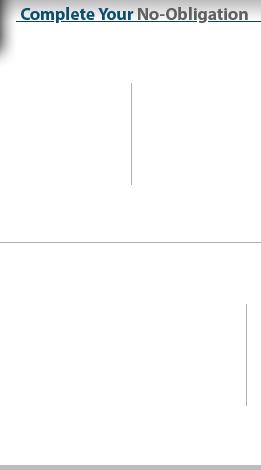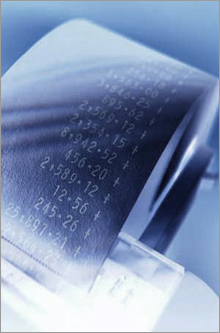 |
|
|||||||||||
| |
 |
|
||||||||||
| |
|
|
||||||||||
| |
|
|||||||||||
| |
|
|
||||||||||
| |
|
|||||||||||
| |
||||||||||||
| |
|
|
||||||||||
 |
|
|
|
|||||||||
 |
|
|||||||||||
| |
|
|||||||||||
| |
|
|
||||||||||
| |
|
|
||||||||||
 |
|
|||||||||||
| |
|
|||||||||||
| Home | About Us | Application | Contact Us | BFC | ||||||||
| |
|
|||||||||||
| |
|
|
|
|
|
|
|
|
|
|
|
|
Factoring, also known as "cash for receivables," is the conversion of a business accounts receivables into immediate cash by the outright purchase of its receivables, at a discount by a factor.
Factoring is not a loan and is not based on a business ability to repay the money advances. The length of time in business is NOT a consideration. The debt to equity ratio is NOT a consideration. Instead, it is based on the ability of your customers to pay what they owe. Once a factor purchases the receivable invoice, they assume the responsibility for its collection. The factor is also responsible for accounts receivable management functions, such as credit investigation, accounting and bookkeeping. As compensation for these activities, the factor purchases the receivables at a discount.
The discount fee is usually dependent on the amount purchased, the credit worthiness of the debtors, and the turn around time. Fees can vary substantially but are usually less than most business owners expect.
Frequently, a commercial bank cannot provide all the loan funds a growing company needs. A balance sheet is not liquid enough, or it can't clear off the bank debt every 6 or 12 months. A factor can provide funds to clear off bank loans periodically or make additional bank credit possible by guaranteeing accounts or replacing accounts receivables with cash.
Once a factoring contract is entered into, you will submit orders to the factor for credit approval before shipping. The factor's credit department becomes your credit department. When the order is approved, you will receive up to 80% of the proceeds with the remainder retained by the factor as a reserve against loss from complaints and returns. This is withheld to protect against credit losses, since the factor purchases the accounts without recourse. Usually the factor will settle the account each month and pay the proceeds due, less cash discount.
One of the biggest advantages of factoring is that businesses get immediate cash (from 70 -80% of the face value of the invoices) within 24-48 hours, which means you can accelerate your cash flow by speeding up payment of the receivables. You will have an immediate source of funds for operating expenses and future growth. You will be able to use your own, hard earned cash without having to wait 30, 60, 90, or 120 days to collect from customers. Additionally, since only receivables are used as collateral for the cash advance, other assets (such as real estate and equipment) can be used for future borrowing.
Cash flow is probably the most important element in the success of a business. Accounts receivables may be the biggest asset on a company's balance sheet. They also represent the business best source of operating capital that is in permanent disuse. Factoring improves cash flow. A business can use cash currently tied up in receivables to increase sales and take advantage of supplier discounts. Factoring accelerates cash flow by eliminating the time lag between the delivery of goods or the performance of a service and the payment for it. Most businesses have to pay their expenses before they can collect their receivables, disrupting cash flow.
A JNJ Capital Resources Consultant can help you determine if factoring your company's accounts receivable is the right option for you. Once you have come to a decision to factor, your JNJ Capital Resources Consultant will package the transaction in accordance with the factors requirements. The JNJ Capital Resources Consultant will select from a wide variety of investors to find the right match for your company. Whether your company is in the start-up phase or you have out grown your cash flow, a JNJ Capital Resources Consultant can help factor your invoices and get the cash you need.
